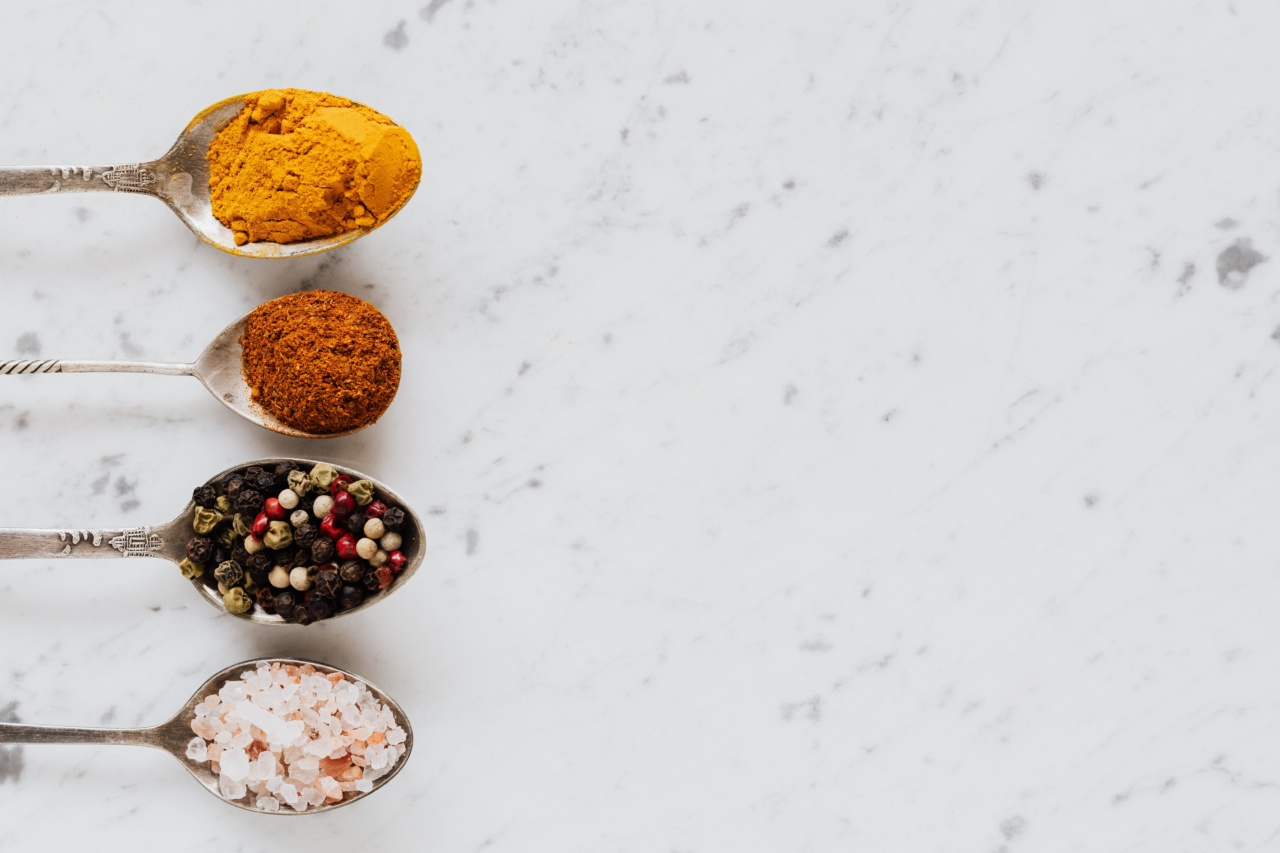Salt is an essential ingredient in our kitchens and has been used for centuries to enhance the flavor of our food. However, there are several misconceptions about salt that have been circulating for years.
In this article, we will debunk the top 7 misconceptions about salt and provide you with the correct information you need to know.
1. All Salt is the Same
One of the most common misconceptions about salt is that all varieties are the same. However, there are actually several different types of salt available on the market.
Some of the most popular ones include table salt, kosher salt, sea salt, and Himalayan pink salt. These salts differ in terms of their texture, taste, and mineral content. So, next time you’re at the grocery store, don’t just grab any salt, choose one that suits your needs and preferences.
2. Salt is Unhealthy
Another misconception is that salt is universally unhealthy.
While excessive salt intake can indeed lead to health problems, such as high blood pressure, it’s important to note that our bodies actually require a certain amount of salt to function properly. Salt helps maintain the balance of fluids in our bodies, supports nerve and muscle function, and plays a crucial role in various physiological processes. The key is to consume salt in moderation and choose healthier salt options whenever possible.
3. Salt Causes High Blood Pressure
Many people believe that consuming salt leads to high blood pressure. While excessive salt intake has been linked to increased blood pressure in some individuals, this is not the case for everyone.
Some individuals are more salt-sensitive than others, meaning their blood pressure may rise more significantly when they consume high amounts of salt. However, for individuals with normal blood pressure levels, moderate salt intake is generally not a cause for concern.
It’s always a good idea to monitor your blood pressure and consult with your doctor to determine the appropriate amount of salt for your individual needs.
4. Salt Alternatives are Healthier
With the rise of health-conscious diets, many people have started using salt alternatives in an attempt to reduce their sodium intake.
While these alternatives may seem like a healthier option, it’s important to understand that they are not necessarily better than salt. Most salt substitutes contain potassium chloride, which can be dangerous for individuals with certain health conditions, such as kidney problems or those taking certain medications.
If you’re considering using a salt alternative, make sure to consult with your healthcare provider to ensure it is safe for you.
5. Sea Salt is Better Than Table Salt
Sea salt has gained a reputation for being a healthier alternative to table salt. It is often marketed as being less processed and more natural.
While sea salt does contain trace amounts of minerals, the difference in nutrient content between sea salt and table salt is generally insignificant. The real distinction between the two lies in their taste and texture. Sea salt tends to have larger, coarser crystals and a slightly different flavor profile compared to table salt.
So, the choice between the two ultimately comes down to personal preference.
6. Salt Consumption should be Eliminated
Some people believe that salt consumption should be completely eliminated from our diets. However, as mentioned earlier, our bodies require a certain amount of salt to function properly.
Salt is an important source of sodium, which is essential for maintaining proper fluid balance, nerve function, and muscle contraction. Instead of completely eliminating salt, it’s more beneficial to focus on reducing excessive salt intake and opting for healthier salt options when available.
7. Salt Retention equals Fat Gain
There is a misconception that consuming salt leads to weight gain due to water retention. While it is true that excessive sodium intake can cause temporary water retention, it does not directly translate to long-term fat gain.
Weight gain occurs when the number of calories consumed exceeds the number of calories burned. To maintain a healthy weight, it’s important to focus on a balanced diet and regular exercise rather than solely blaming salt for weight-related issues.





























